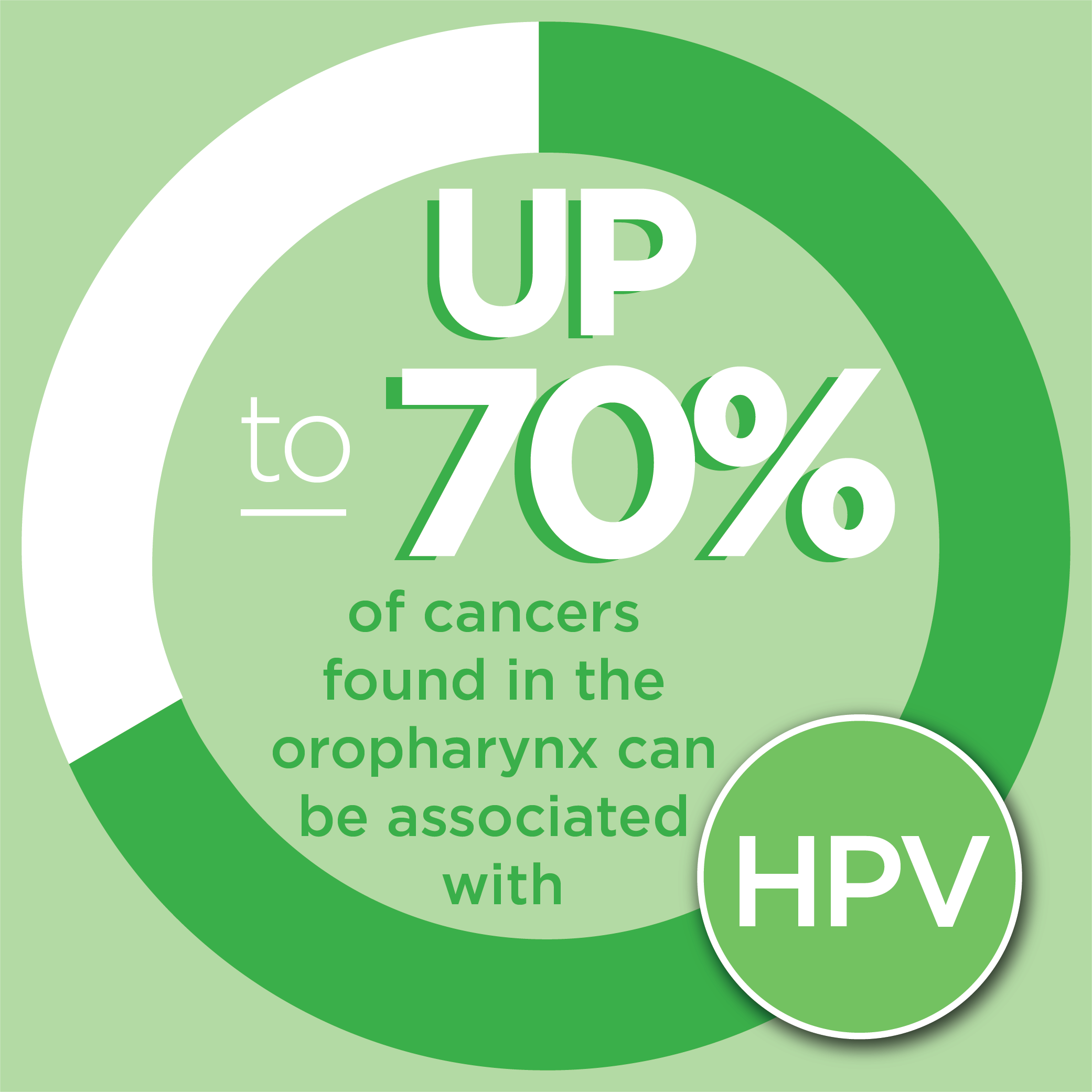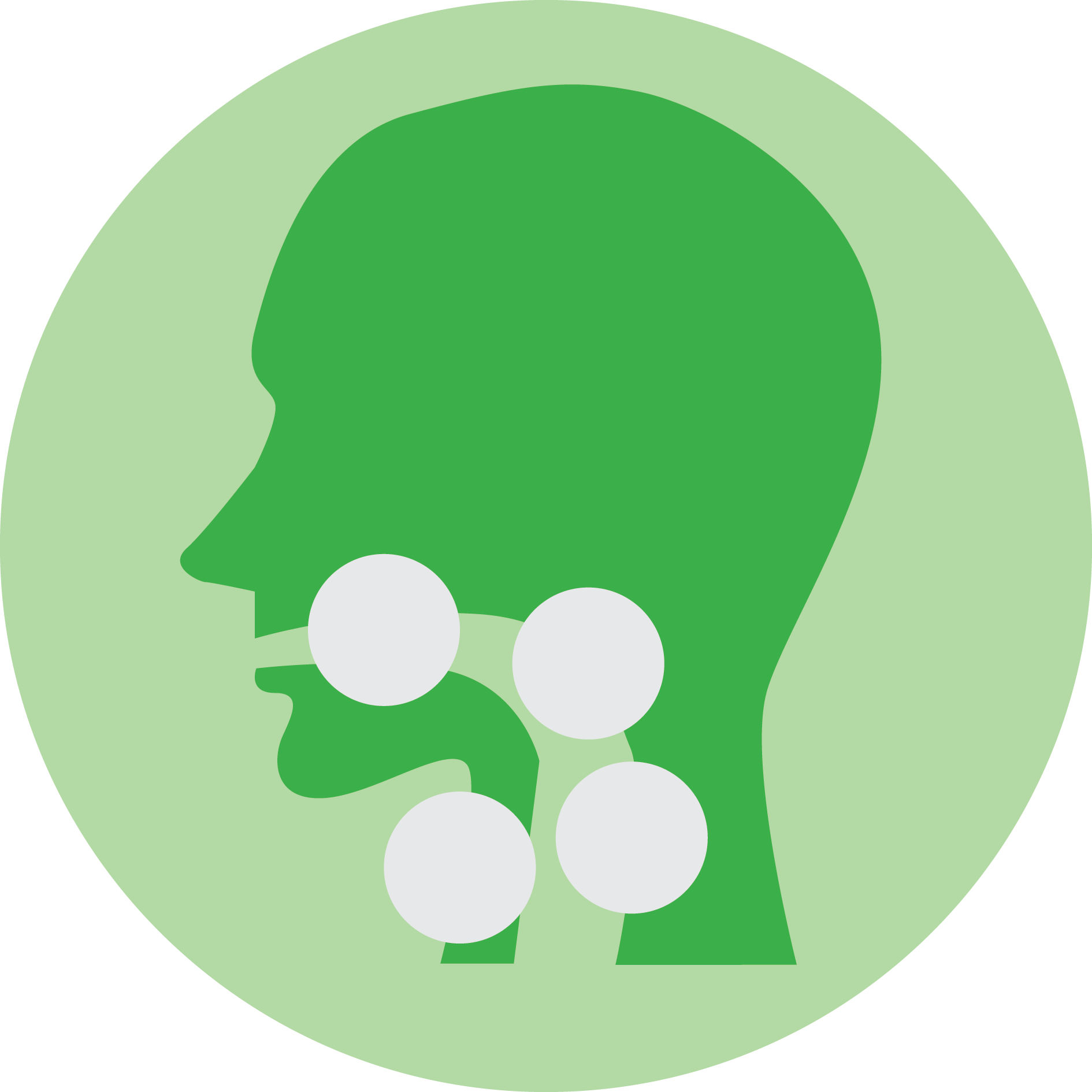In April, Delta Dental of Minnesota hosted a webinar event in recognition of Head and Neck Cancer Awareness Month. In this segment of Clinician’s Corner, we will review some of the key take-aways we learned about head and neck cancer and its implications on oral health.
Head and neck cancer affects over 60,000 Americans each year — both men and women. It can develop on the lips, tongue, gums, roof of the mouth, floor of the mouth, tonsils or sinuses.
Head and neck cancer are often associated with tobacco and alcohol use. Tobacco products include cigarettes, cigars, pipe smoking, chew, snuff and betel quid. Decreasing exposure to these agents helps decrease risk of oral cancers.

Up to 70% of cancers found in the oropharynx (base of the throat and tonsils) are associated with Human Papillomavirus (HPV) Infection. HPV is a common viral infection that the Centers for Disease Control and Prevention (CDC) estimates nearly every sexually active adult will be exposed to in their lifetime. Typical head and neck cancer affects people over the age of 50, but cancers associated with HPV infection can be found in younger patients.

Possible Signs and Symptoms of Head and Neck Cancer:
- Non-healing lesions or sores on any part of the tongue, throat or gums
- Red or white patches in any part of the mouth that last longer than two weeks
- Lumps or bumps in the neck
- Difficulty chewing, swallowing or moving the jaw/tongue
- Sore throat or a feeling of something “stuck” in the throat
- Hoarseness of the voice
- Swelling of the jaw (causes dentures to fit poorly or become uncomfortable)
- A lump or thickening of oral soft tissues
- Ear pain
- Numbness of the tongue or other areas of the mouth
If you are experiencing any of these symptoms you should schedule an appointment with your dentist or health care provider.
Things you can do to stay healthy:
- Seek regular dental care. Part of your routine dental visit is a comprehensive oral exam.
- Avoid tobacco, even secondhand smoke exposure. If you smoke cigarettes, try to quit or cut back. Resources for quitting smoking can be found here. For teens looking for ways to quit tobacco use, click here.
- Limit alcohol use.
- Get the HPV vaccine if you are between the ages of 9-26. The HPV vaccine works best before exposure to any of the HPV virus types.
- Eat a healthy diet containing fruits and vegetables.
- Maintain a healthy weight.
- Find ways to stay active every day.
This information in this post is for general educational purposes only and does not warrant or represent any information as related to health as specifically appropriate for you. It is not intended to be medical advice or replace the relationship that you have with your health care providers. You should always seek medical advice on any diagnosis or treatment from a qualified health care provider. The information is provided “as is” without any representations or warranties, express or implied.






